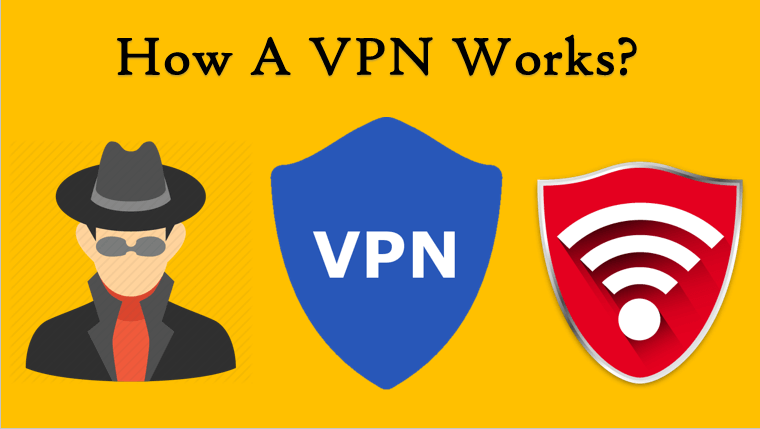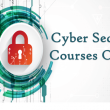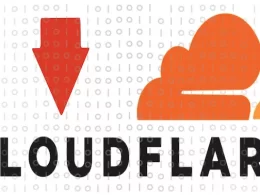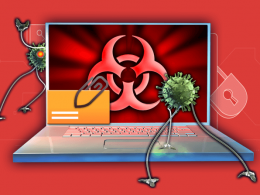While the internet has brought about many good aspects, there are concerns about online privacy and cyber attacks. If you’re using the web, it’s important for you to learn how to protect yourself so that your online data doesn’t get into the hands of a hacker or other data thief.
A VPN can help with this. However, if you aren’t currently working with a VPN, you may be wondering what it is and how it can help you.
What Is A VPN?
VPN is an abbreviation for Virtual Private Network. This is a type of software that allows you to connect to the internet via an encrypted tunnel, which is routed through a server. It hides your IP address and masks your online identity so that all of your online actions are hidden.
How Does A VPN Work?
If you’re like most individuals, you probably use an Internet Service Provider (ISP) to connect to different websites. Your data requests are sent to the ISP and redirected to websites that you want to visit. In this scenario, the ISP is able to see all of your data and actions. They are able to track your behavior and supply this information to other third parties.
When you utilize a VPN, all of your data is encrypted. Depending on the VPN service that you utilize, you can use your laptop, PC, smartphone or tablet to create a secure connection with the internet. To get connected, you use an app that is provided by a VPN provider to encrypt your data. This is sent to your ISP and then to the VPN server that you’ve chosen
Popular VPN providers have multiple VPN servers located in multiple countries that you can choose to use. These VPN servers can connect to the internet and allow your data to stay secure and private. Here are some of the benefits:
- Your data is secure and encrypted. If someone is able to look at your data, they only see information that’s been encrypted.
- It’s extremely difficult to identify you or the device that you are using as your connection. The data that’s being transferred and the website you visit will stay completely hidden.
- Your local IP address is hidden from the destination site. It only sees the IP address of the VPN server that you are using.
As you can see, by using a VPN service, you have a much safer and secure way to connect and interact with your favorite websites and streaming services.
How Secure is A VPN?
One of the most reliable ways that you can protect your online identity and stay secure and private is by utilizing a VPN service. It hides your local IP address and provides encryption for all of the data you send and receive. If you are being spied on by a hacker or other snooper, they are only going to see encrypted data, which is extremely difficult to decipher.
However, the level of safety that is provided does depend on the VPN service that you use. VPN providers keep your data encrypted by using certain types of protocols. It’s important to look for a VPN service that uses the latest protocol technology to ensure that your surfing is as secure as it can be.
VPN Protocols
The VPN protocols that are used to encrypt your data are crucial to your privacy. Some protocols are not as secure as others. Here are two of the best protocols to look for when signing up for a VPN:
OpenVPN: This open source software application is one of the most popular protocols used to secure data. It allows authentication to occur between peers that are using certificates or pre-shared secret keys. This creates safe browsing, streaming and gaming. The protocol is often used alongside 256-bit AES encryption, which makes it highly impenetrable
IKEv2: Internet Key Exchange is another popular VPN protocol. It’s known for negotiating connections faster, which helps make it an ideal protocol for use with mobile devices such as an Android smartphone.
Why It’s Important To Use A VPN
If you’re just using an ISP to connect to the online world, your data can be watched and tracked. Every website you visit and information you search for can be collected by third-party entities such as governments, advertisers and the ISP you use.
Unfortunately, there’s no way to become completely 100 percent anonymous when you are connected to the internet. However, by using a VPN service, you’ll be utilizing the best method that’s available to keep your data safe and private while surfing the digital world. In addition, you can bypass censorship, stream and participate in P2P relationships without the threat of being seen.
Is Using A VPN Legal?
Typically, it’s legal for you to use a VPN. To really be sure, you’ll need to research the laws regarding VPN use in each specific country. In Western Europe, Canada, UK and the United States, VPN use seems to be okay. In contrast, countries such as North Korea, China, Russia, Iran and Iraq, Turkey, Belarus, Turkmenistan, Oman and the United Arab Emirates, there are restrictions.
VPN Policies On Logging Data
One factor to be aware of when using a VPN is if your VPN provider is logging your data. This can significantly affect the level of privacy and actual anonymity you have while using their service. The logs kept by some VPN providers can include the following information:
- Type of device used
- The activity of a user
- Local IP address
- The connection and disconnect timestamps
While searching for a VPN service, it is important for you to use a provider that has a strict no-logs policy if you want to avoid having this type of information recorded. This will help ensure that your data stays private and anonymous.
Paid VPN Versus A Free VPN
You’ve probably heard of the old adage “You get what you pay for.” This rings true for VPN services. While a free PVN may seem enticing, you must consider a few factors before making your final decision on the service that will best fit your needs. Is the free VPN service logging your activity? Are they taking your data and selling it to a third-party?
Paying for a secure VPN really isn’t an expensive investment when you consider that it can protect your online privacy for just a few dollars each month.
What Online Activities Is A VPN Useful For?
A VPN can be used for a number of online activities. This includes general browsing, watching online streaming from services like Netflix and Hulu and torrenting. However, it’s important to check the policy of a VPN service before you use it, especially if they are logging your activity.
Kill Switches
One feature that is important to have when using a VPN is a kill switch. This feature will automatically stop your access to the web if the VPN connection you’re using ever drops. This feature provides a crucial function if any connectivity issues occur. Without having a kill switch available to stop your internet connection, all of your data will be open and exposed.
When Should You Use A VPN?
If you’re taking your privacy and online security seriously, you should probably use a VPN every time you connect to the internet. It’s useful for a number of reasons:
- Makes you anonymous while surfing the internet
- Encrypts any activity you’ve performed while surfing
- Helps keep your data safe while using any public Wi-Fi
- Keeps your location hidden, which enables you to access content that’s been geo-blocked.
As you can see, there are many advantages to using a VPN. With your privacy on the line, it’s important to do all that you can to protect it.











